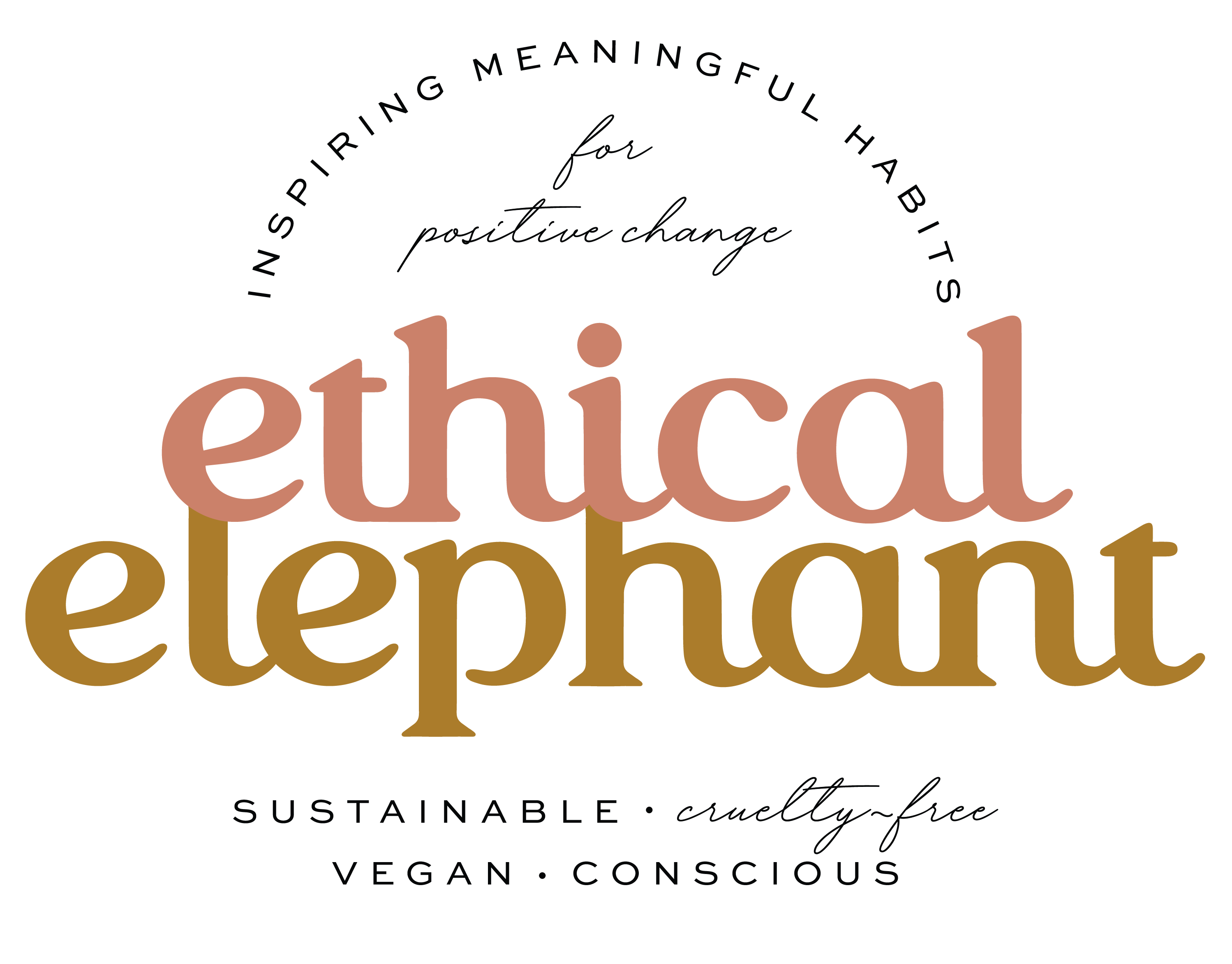This post may contain affiliate links that at no additional cost to you, I may earn a small commission.
Shared Planet is Cruelty-Free
Shared Planet has confirmed they do not test their products or ingredients on animals or ask others to test on their behalf. Their suppliers also do not test on animals, nor do they allow their products to be tested on animals when required by law. And finally, their products are not sold in stores in mainland China or any other country that may require animal testing.
By our standards, we would consider Shared Planet to be Cruelty-Free.
What About China’s Animal Testing Laws?
Shared Planet has confirmed they do not sell their products in retail stores in mainland China; therefore, they are not required to test on animals.
As of May 1, 2021, some imported ordinary cosmetics can be exempt from animal testing under certain conditions. However, for the most part, animal testing is still legally required for most imported cosmetics in 2022.
Cruelty-Free Policies
Note that there is no legal definition for the label ‘Cruelty-Free.’ It can mean different things to different people. But Cruelty-Free is generally used to imply no animal testing. More specifically, the ingredients, formulation, or finished product are not tested on animals at any stage of product development.
At ethical elephant, we always assess a company’s cruelty-free policy using our Cruelty-Free Checklist. This ensures no animal testing was performed by the brand itself, its suppliers, and by any third parties.
Also, note that Cruelty-Free and Vegan don’t always mean the same thing.
Shared Planet is 100% Vegan
Shared Planet has confirmed all of its products are vegan and don’t contain any animal-derived ingredients or by-products.
The following is a snippet of the email response I received from Shared Planet when I asked if all of their products are vegan:
“Our products are clean, vegan and certified cruelty-free to ensure no animals are ever harmed by our production methods or use of certain ingredients.”
Vegan Policies
Similar to ‘Cruelty-Free,’ there is no standard or legal definition for the label ‘Vegan.’ But it usually means no animal-derived ingredients or animal by-products.
Some common animal products used in cosmetics include carmine, lanolin, snail mucus, beeswax, honey, pearl or silk-derived ingredients, animal-based glycerin, keratin, and squalene.
There are plant-based and synthetic alternatives to animal-derived ingredients. But it’s sometimes difficult to know with certainty whether a product is vegan just by reading the ingredient list.
So it’s best to ask the company and manufacturers to ensure the ingredients they’ve chosen to use were from non-animal sources.
Where are Shared Planet’s products made?
I asked Shared Planet where their products are manufactured and they told me:
“Please note that our products are made in Canada.”
Ethical Mica Mining Policy
Mica is a mineral that’s used in cosmetics to add a shimmery effect. But the mining of natural mica has been linked to child labor and human rights violations.
Unless the company discloses its mica mining policy, we have no way of knowing whether its mica is ethically sourced without child or forced labor.
Thankfully, it states on Shared Planet’s website,
“Shared Planet is committed to never selling products that are produced using child labor and to sourcing only ethical mica so you can shimmer without shame.”
I hope this article helped you to understand Shared Planet’s cruelty-free and vegan status and by choosing cruelty-free together, we can help end animal testing for cosmetics once and for all!







